Sustainability hub
From saving energy at home, driving an electric car and living a more sustainable lifestyle, explore tools and articles to help you support a more sustainable future.

Start building a more sustainable home, with information from the Energy Saving Trust, and useful tools to help you take the first steps.

See some of the ways you can live a lower carbon life and save money with more sustainable choices.
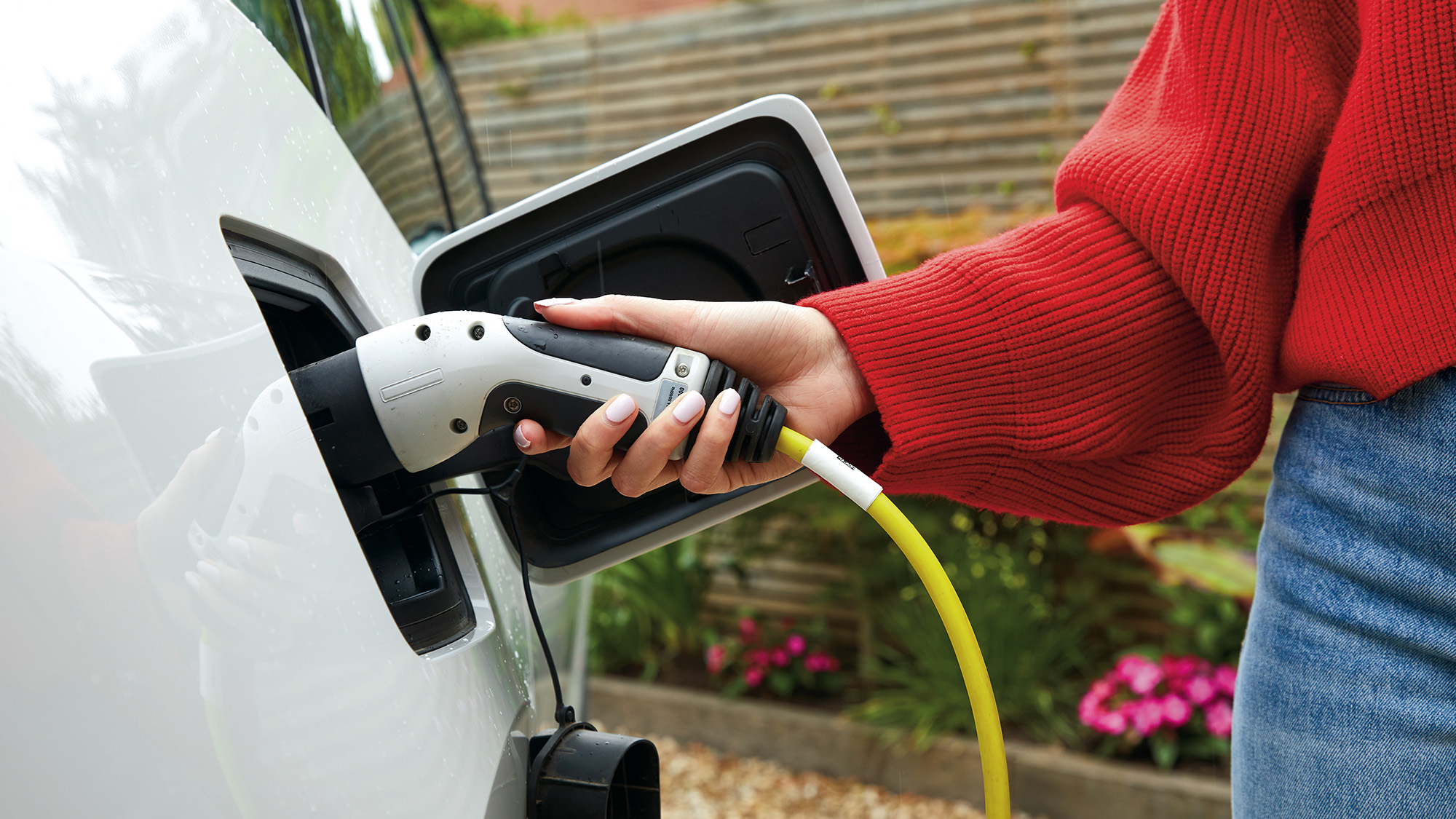
Interested in switching to an electric vehicle? Use our tools to help you understand the costs and decide if you're ready.
Discover more
Learn more about sustainability best practices.

Make your home more energy efficient with some budget-friendly tips.

Find out why Energy Performance Certificate ratings are important when buying a home.

Discover ways to potentially lower your carbon footprint and save money.

From flooding to coastal erosion, some properties are more at risk from climate change than others.

From buying outright to leasing, there are many different ways to finance your electric vehicle.
Our approach to sustainability
We believe the transition to net zero will help make the global economy stronger and more resilient against mounting climate impacts. Today we finance a number of industries that significantly contribute to greenhouse gas emissions. We have a strategy to help our customers to reduce their emissions and to reduce our own. Find out more about our climate strategy.
Task Force on Climate-related Financial Disclosures
The Task Force on Climate-related Financial Disclosures (TCFD) published a set of recommendations which have become the leading framework for climate-related financial disclosures. HSBC UK have produced their TCFD Entity report for their discretionary business for the 2023 reporting period.
Take your first steps

Compare the running costs of driving an electric vehicle vs a petrol/diesel car.
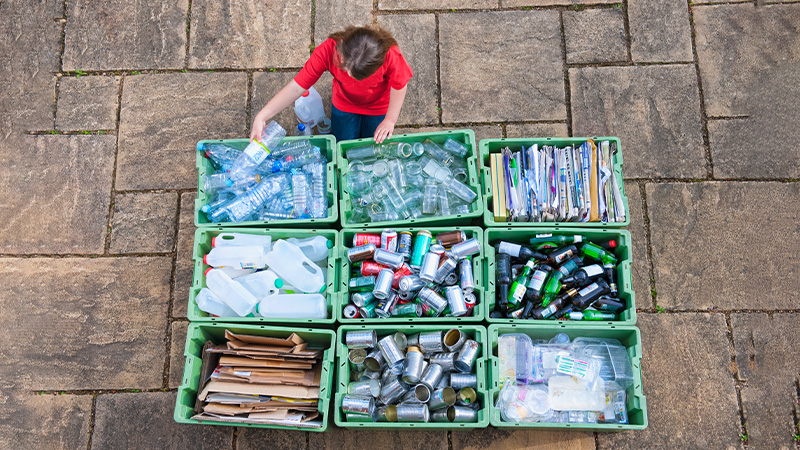
Try WWF's Footprint Calculator to take your first step with this UK based environmental footprint calculator.
You can also read more about our Climate Solutions Partnership.
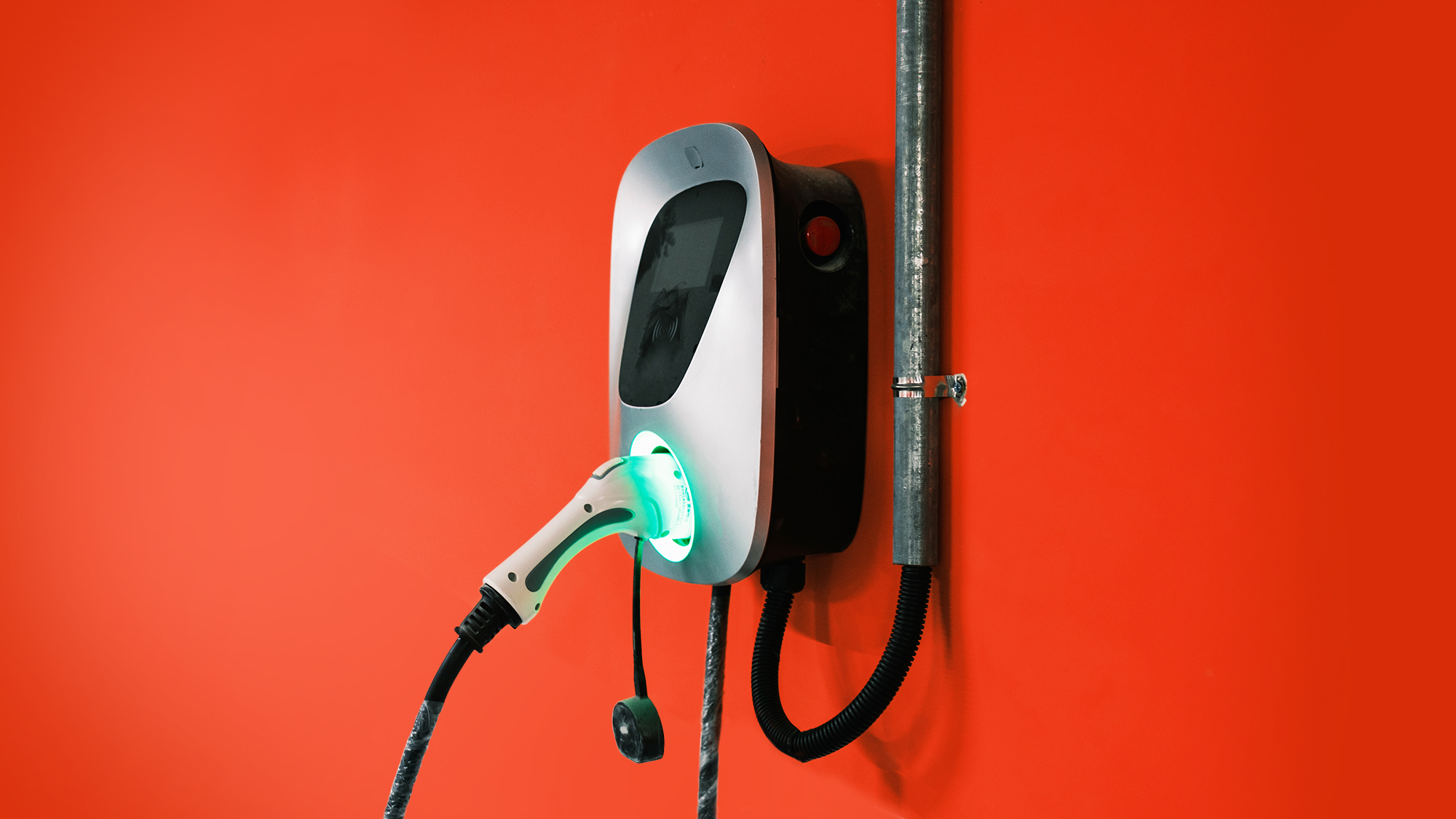
Build your personalised driver profile, check your readiness for an electric vehicle (EV), and find your perfect model from the latest available to lease.

Find out more about your home’s energy efficiency and ways to improve it.
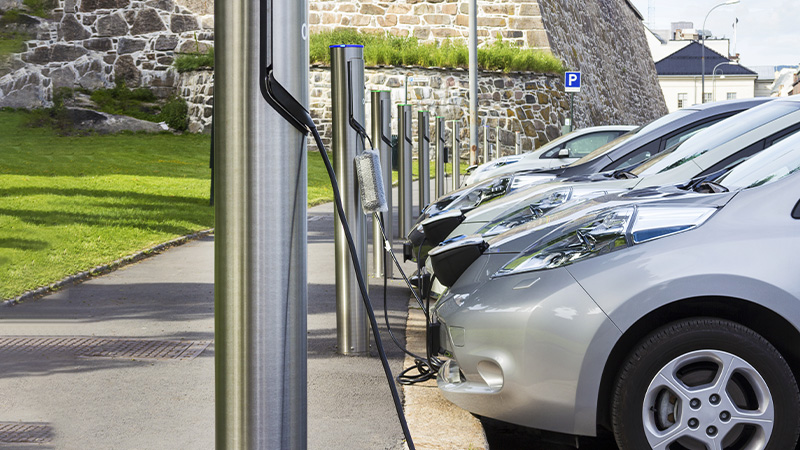

If your home, or a property you're thinking of buying, is energy efficient (EPC or PEA rating of A or B) you might qualify for cashback on the mortgage.
What HSBC UK is doing
Explore more about our climate strategy and partnerships that seek to tackle climate change.

We publish a wide range of information about our performance on environmental, social and governance issues. Access our ESG reports and find out how we support different stakeholder groups and do business in a responsible way.
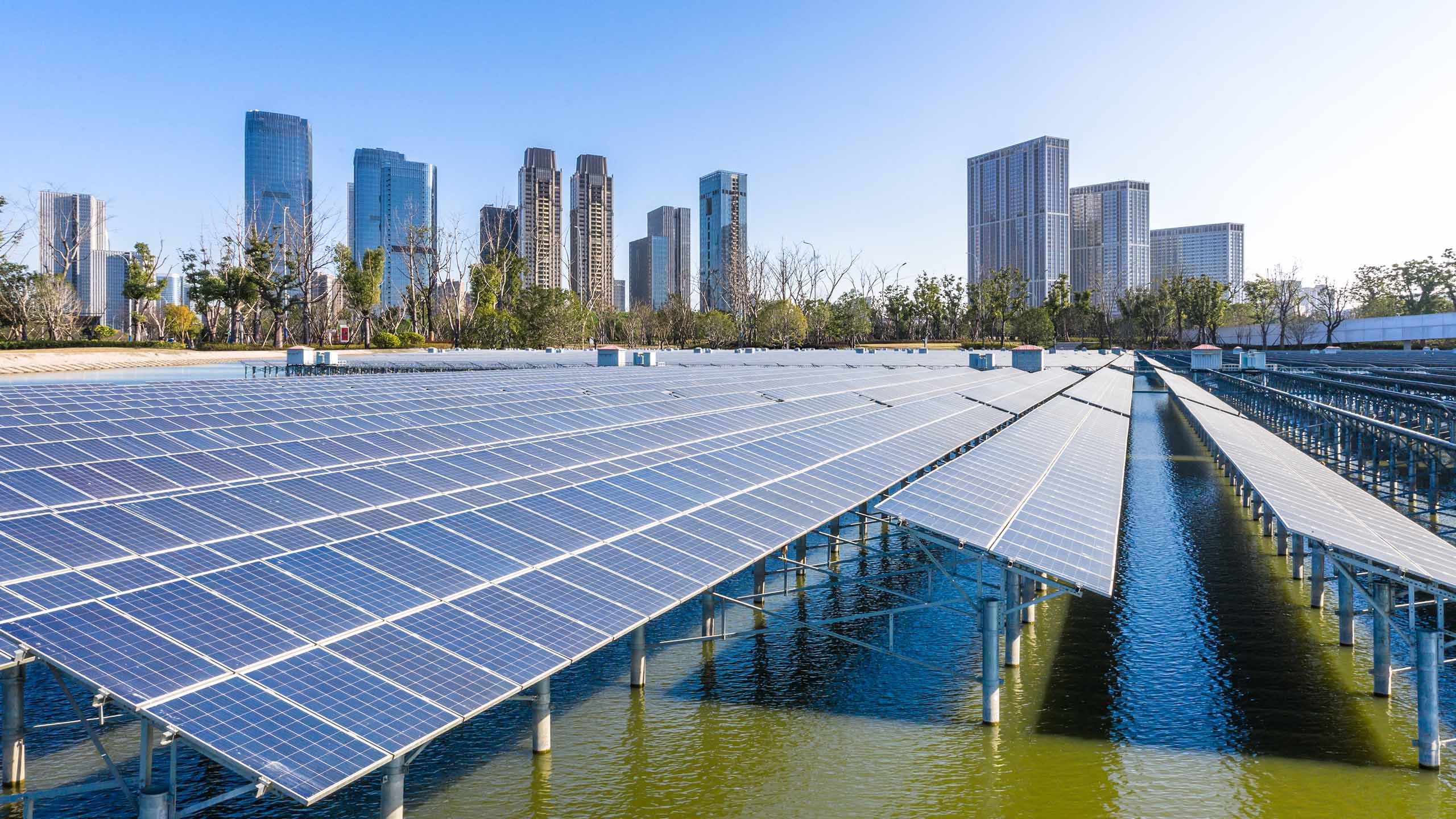
We have an ambition to be a net zero bank by 2050. Between now and then, we’re working with our customers to help them reduce their emissions and scale up low-carbon solutions.
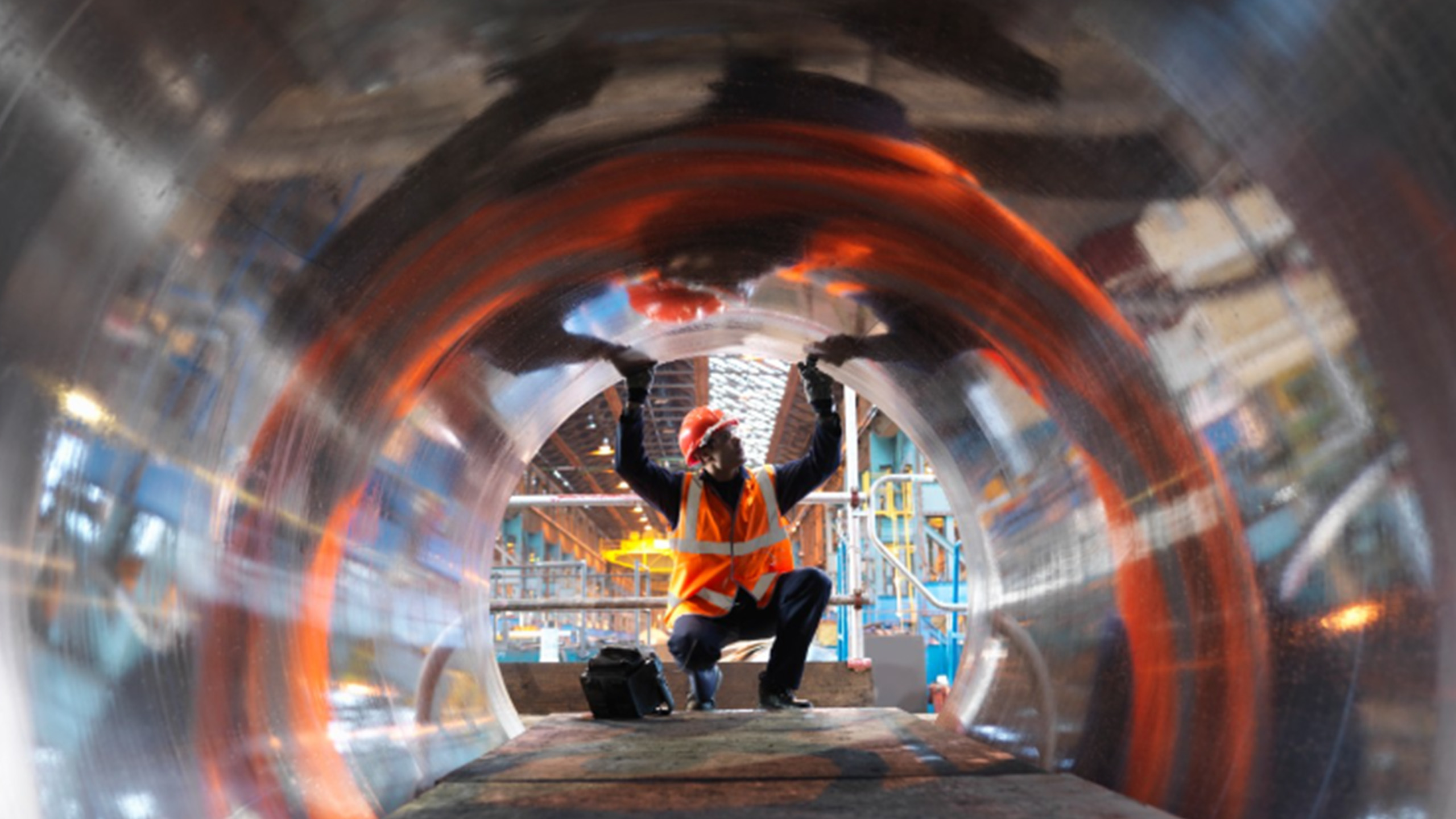
We’re working with a network of partners in the UK to support projects that seek to tackle climate change through innovation and nature-based solutions. These partnerships are one element of our wider climate strategy.

Our network of social partners helps people and businesses make the most of their money now and in the future. Our partners help people improve their financial capabilities and resilience.
Explore more

Learn how getting a better Energy Performance Certificate (EPC) rating for your home could save you money.

Learn how you can save money on bills by making your home more energy-efficient.


We take a look at some of the key things to consider if you're thinking of buying an electric vehicle.
